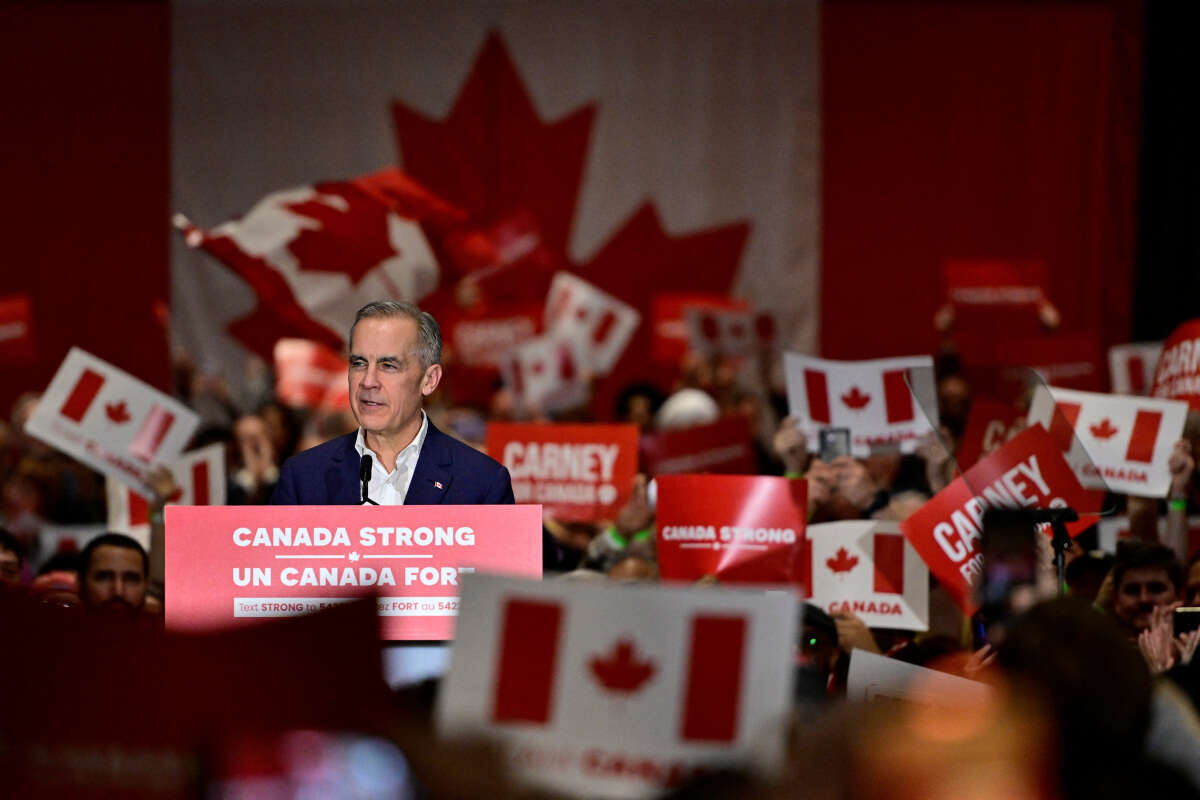In today’s ever-changing media landscape, it is essential to stay informed about the latest developments in the industry. Recently, the Canadian Broadcasting Corporation (CBC) expressed its dissatisfaction with Twitter for not taking seriously the issue of government-funded media outlets. In this article, we will delve deeper into this matter and explore the implications it may have for media organizations worldwide.
Twitter and Government-Funded Media Outlets:
On April 18th, 2023, the CBC released a statement on Twitter, claiming that the social media giant was not taking the issue of government-funded media outlets seriously. The CBC’s statement comes after Twitter labeled its account with the tag “69% government-funded media” based on the Canadian government’s financial support.
According to the CBC, Twitter’s decision to label their account with this tag shows a lack of understanding of the CBC’s mandate as a public broadcaster. The CBC argues that the government’s financial support allows them to produce high-quality, unbiased content that serves the public interest. The CBC further argues that other media organizations also receive government funding, but Twitter has not labeled them as such.
Implications for Media Organizations:
This incident raises several questions about the relationship between media organizations and government funding. The CBC’s argument that government funding allows them to produce high-quality, unbiased content is not without merit. However, the fact that Twitter felt the need to label its account as government-funded raises concerns about the perception of public broadcasters by social media companies.
Furthermore, this incident highlights the issue of media ownership and control. Many media organizations receive funding from various sources, including government grants, private investors, and advertisers. However, the source of funding can affect the editorial content of the organization. For example, a media organization that relies heavily on advertising revenue may be more likely to produce content that appeals to advertisers’ interests.










